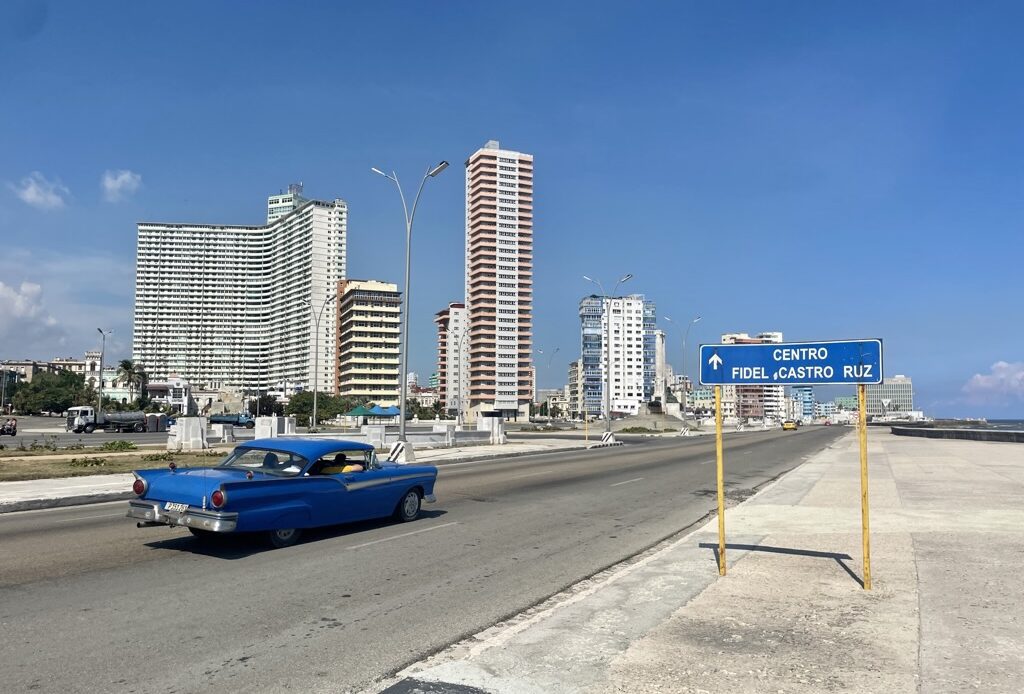In Cuba’s capital, Havana, a Bitcoin community has emerged from an economically antagonistic environment.
“Satoshi didn’t create Bitcoin for Cubans, but it really comes in handy for us,” Forte, co-founder of the aptly named local Bitcoin organization Cuba Bitcoin, tells Magazine.
Cubans are turning to Bitcoin because their money is increasingly worthless. Zimbabwe, Venezuela and Lebanon often compete for media coverage about runaway inflation levels, but the Cuban peso is not far behind.
The Cuban peso has devalued so much over the last few years that carrying bags of cash is increasingly common among the rich and the poor.
In practice, even if someone bought Bitcoin at the top of the 2021 bull run at $69,000, their money is worth much less in Cuban pesos. Whereas Bitcoin dropped 80% to its bear market low, it has since recovered 100%, and the peso has devalued by 90%.
The realization that someone should swap local currency for the Bitcoin top, knowing that it will crash and they’ll still retain more purchasing power, is one of the many financial wake-up calls received while working on Cointelegraph’s new documentary, The Truth Behind Cuba’s Bitcoin Revolution.
In 2021, I came across the article “Inside Cuba’s Bitcoin Revolution” by Human Rights Foundation chief strategy officer Alex Gladstein, in which he explains how and why Cubans were utilizing Bitcoin’s stateless and low-fee properties to save money and escape financial oppression.
In line with the Bitcoin mantra of Don’t trust, Verify, I went to see with my own eyes what Gladstein described.
Camera in hand with my trusty travel partner Paco de la India by my side, I network my way into the Cuba Bitcoin community, which now counts thousands of enthusiasts and advocates.
La Cultura Cubana
Following one of the largest financial conferences in the world, Bitcoin Miami, in arguably the world’s most capitalist arena, the United States of America, I hop across the Caribbean to Cuba, one of the few extant socialist states. The contrast hits me harder than the Cuban tropical heat.
From the moment I landed at Havana Jose Marti International Airport, I noticed some funny quirks: doors open manually (forget automatic sensors), check-in and immigration are done on pen and paper, and the taxis are 1950s Chevrolets.
It’s…
Click Here to Read the Full Original Article at Cointelegraph.com News…
























